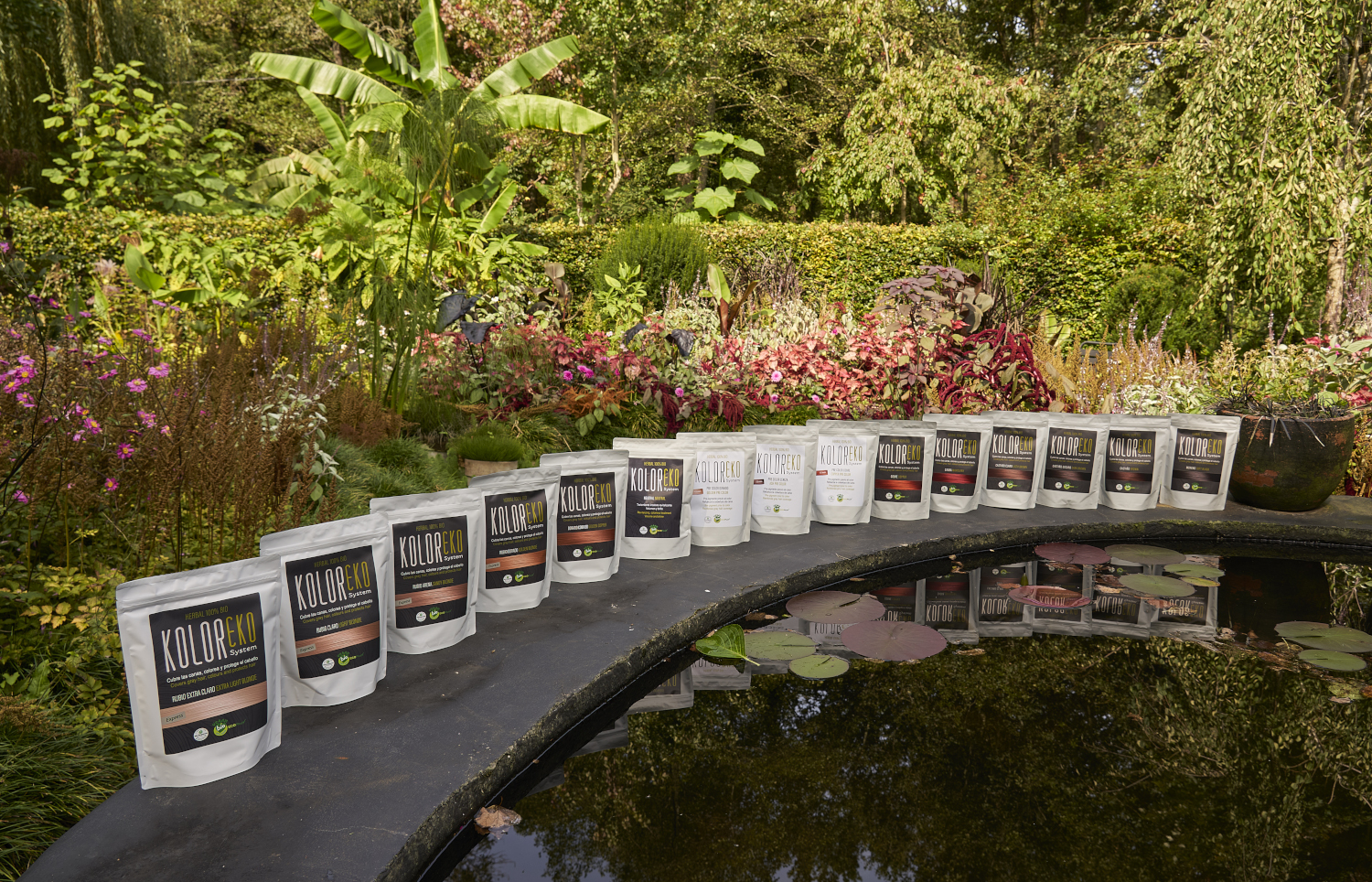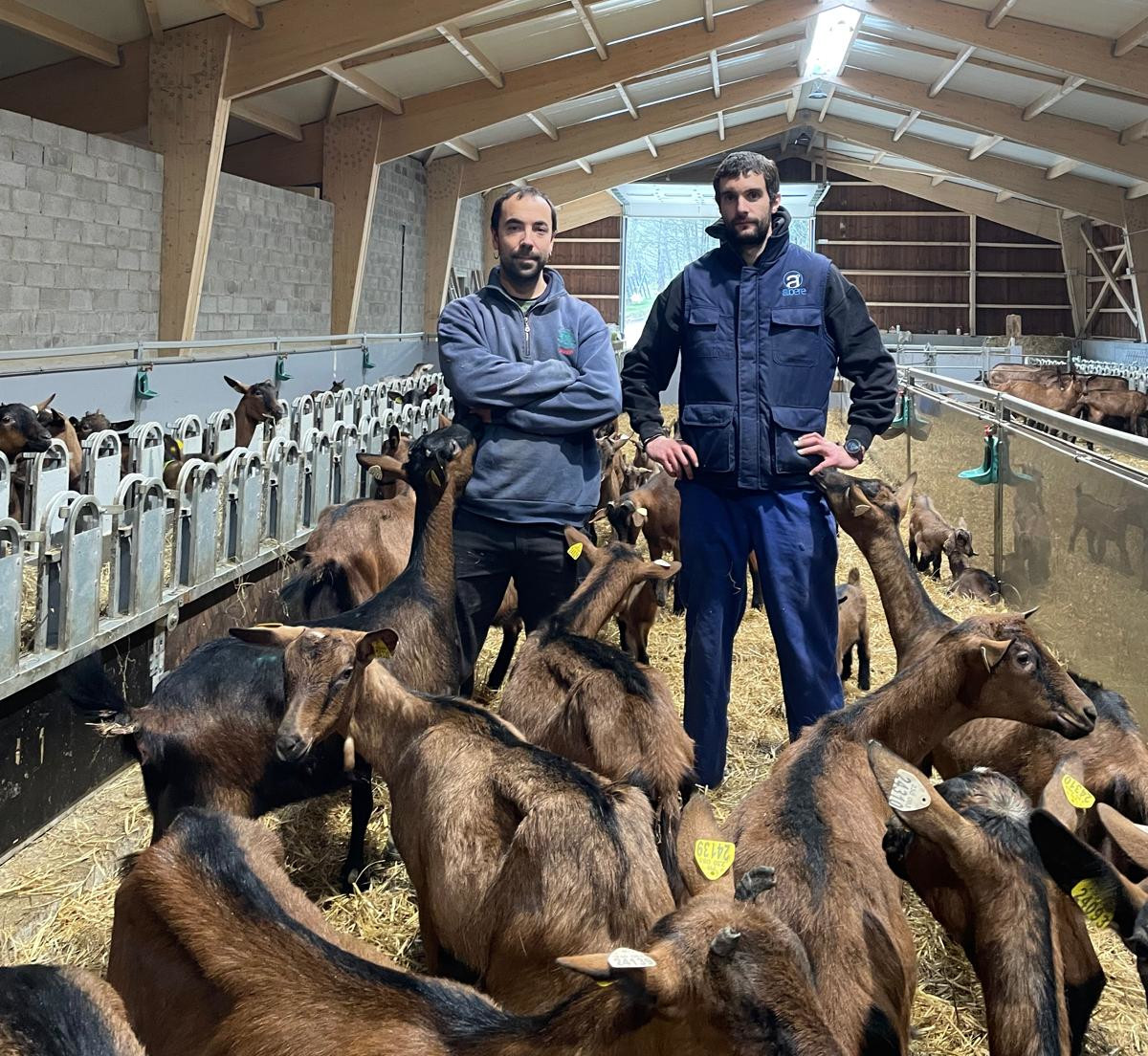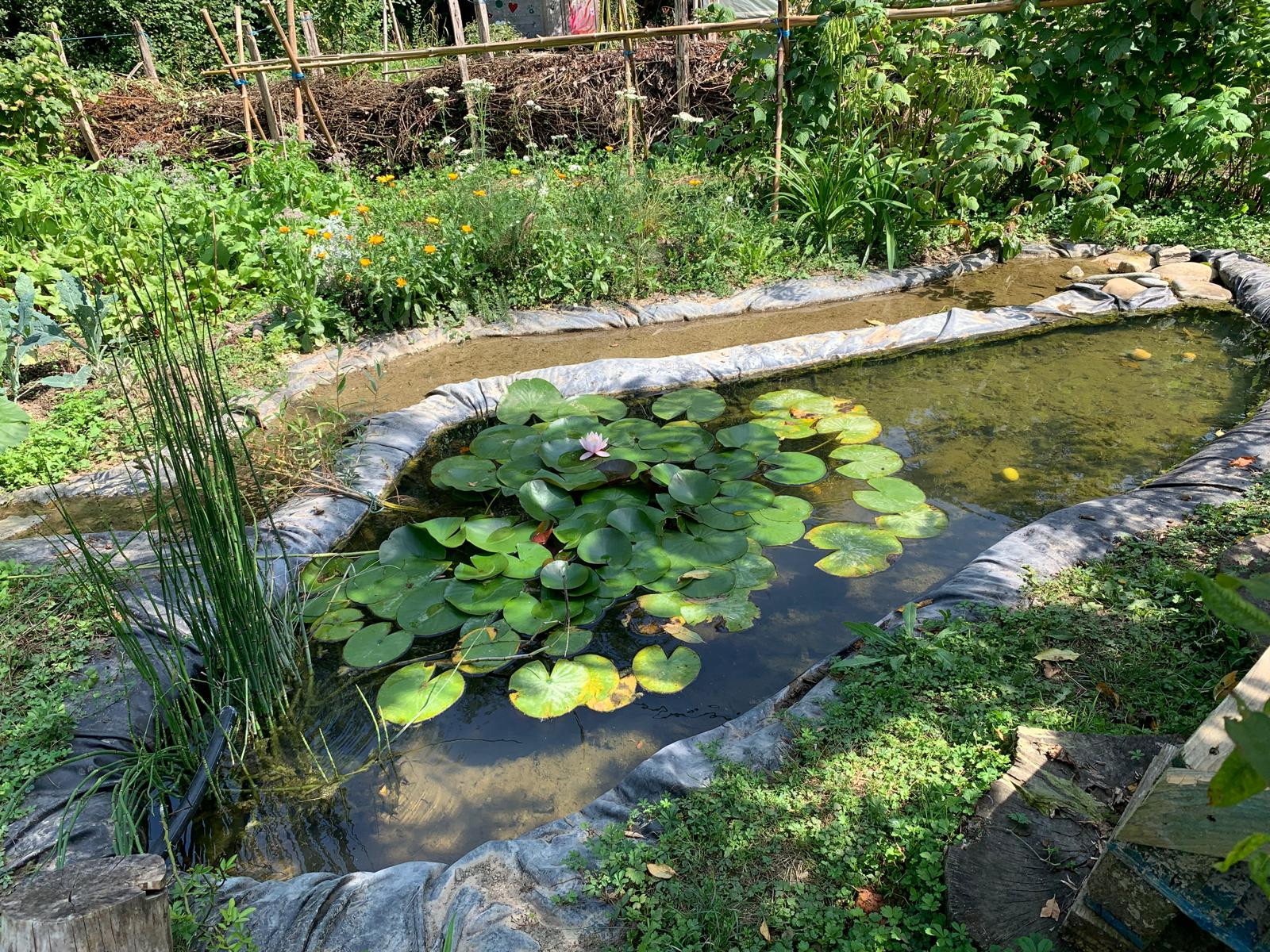
“When the ones we had at home were damaged, I bought apples in a nursery. When they began to bear fruit within a few years, I realized that it wasn’t a kind of native apple, and then, in addition, the plants got sick.” The creator of the project Patxaka Juan Gamio Zubialde then began a conversation with the older people of the locality around the apples. It would be the beginnings of the apples seminar currently underway in Beintza-Labaien. One of the peculiarities of the seminary is that it uses the foot of the wild apple pacharán to perform grafts of autochthonous apple varieties.
Looking for wild apples
GAMIO has explained that wild apples, Patxaka, leave the mountains over a thousand meters high. In autumn, it collects wild apples on the mountain, separates its seeds and sows them. “Most apple plants that today dominate the market are based on the decline, and most varieties are brought from the outside and genetically manipulated,” he says.
One of the great differences between the trees and wild mountain apples from the branches is that the wild has very large veins and has great advantages against diseases. “There is also a big difference in the fruit: they are able to absorb minerals that are below the earth through their large vein, and that is noticeable, especially in the smell.”
“I have learned indigenous varieties from the elderly”
Gamio incorporates strains of apples from the Basque Country to the firm foot: San Juan Apple, Fall Sweet, Winter White Apple, Yellow and Red Apple Queens, Carabiner, Amabirjin Apple… have a wide selection of autochthonous apple varieties zubialdepatxakak.com in the web catalog. “I’ve learned how to talk to older people about these varieties. I have a relationship with the population and with the people who are in the world of apples,” he explains.
Gamio is dedicated to organic production, with a stamp: “I’m doing ecological to take care of my mother’s land and then for her to be able to give us healthy food. All chemicals currently used override the entire organism of plants.” He has chosen to recover the essence and purity of the authentic autochthonous apple: to gain in smell, in taste, in quality, in food values… everything.
Duela lau urte abiatu zuten Azpeitian Enkarguk proiektua, Udalaren, Urkome Landa Garapen Elkartearen eta Azpeitiako eta Gipuzkoako merkatari txikien elkarteen artean. “Orain proiektua bigarren fasera eraman dugu, eta Azkoitian sortu dugu antzeko egitasmoa, bere izenarekin:... [+]
Donostiako Amara auzoko Izko ileapaindegi ekologikoak 40 urte bete berri ditu. Familia-enpresa txikia da, eta hasieratik izan zuten sortzaileek ile-apainketan erabiltzen ziren produktuekiko kezka. “Erabiltzaileen azalarentzat oso bortzitzak dira produktu gehienak, baina... [+]
Ubidekoak (Bizkaia) dira Imanol Iturriotz eta Aritz Bengoa gazteak. “Lagunak gara txikitatik, eta beti izan dugu buruan abeltzaintza proiektu bat martxan jartzeko ideia”, azaldu du Iturriotzek. Nekazaritzari lotutako ikasketak izan ez arren, baserri munduarekin eta... [+]
Iruñean bizi ziren Iñaki Zoko Lamarka eta Andoni Arizkuren Eseberri gazteak, baina familiaren herriarekin, Otsagabiarekin, lotura estua zuten biek betidanik. “Lehen, asteburuetan eta udan etortzen ginen eta duela urte batzuk bizitzera etorri ginen”, dio... [+]
Gipuzkoako hamaika txokotatik gerturatutako hamarka lagun elkartu ziren otsailaren 23an Amillubiko lehen auzo(p)lanera. Biolur elkarteak bultzatutako proiektu kolektiboa da Amillubi, agroekologian sakontzeko eta Gipuzkoako etorkizuneko elikadura erronkei heltzeko asmoz Zestoako... [+]
Emakume bakoitzaren errelatotik abiatuta, lurrari eta elikadurari buruzko jakituria kolektibizatu eta sukaldeko iruditegia irauli nahi ditu Ziminttere proiektuak, mahai baten bueltan, sukaldean bertan eta elikagaiak eskutan darabiltzaten bitartean.






















